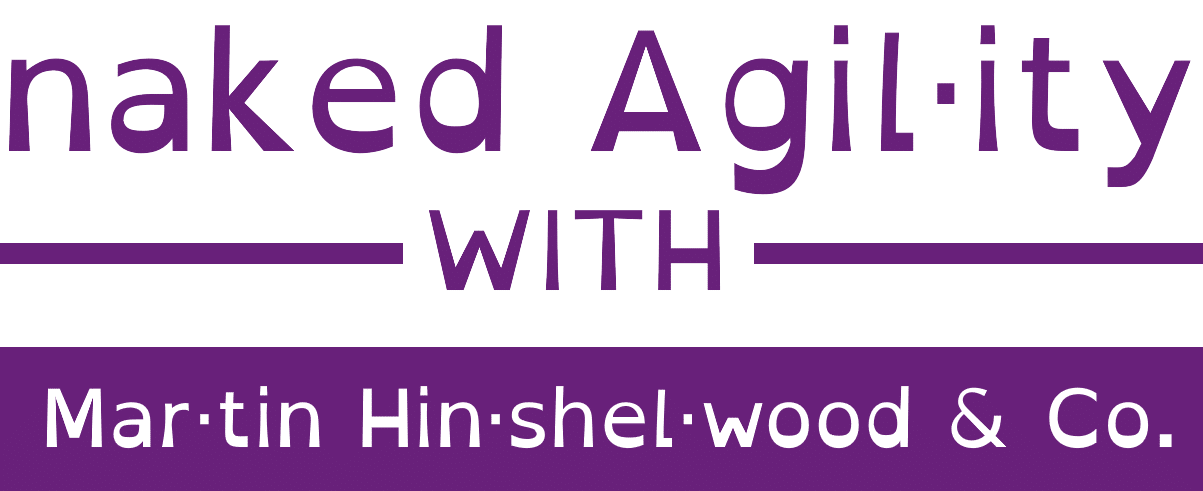Business Leaders face a key challenge when scaling their organisations effectively while maintaining the distinctiveness that made us successful in the first place. Many frameworks and methodologies, such as Scaled Agile Framework (SAFe) or the Spotify Model, promise a structured approach to scaling, but do they genuinely fit our unique needs? In this post, I aim to highlight the importance of creating our own scaling practices, highlighting that successful commercial software organizations have thrived by embracing their distinctiveness rather than adopting standardized approaches.
Unique DNA of Success: Every successful organisation has its DNA, a unique combination of values, culture, and practices contributing to its achievements. These characteristics differentiate us from our competitors and have played a significant role in our success thus far. Implementing someone else’s scaling practices, like SAFe or the Spotify Model, may seem tempting, but it risks diluting our distinctive DNA and eroding the competitive edge we’ve worked so hard to build.
Tailored Solutions for Our Context: No two organizations are exactly alike, and attempting to fit our complex and dynamic business into a one-size-fits-all framework can lead to disaster. Commercial software organisations that have achieved remarkable success have done so by tailoring their practices to their unique context. Instead of blindly adopting pre-established scaling methodologies, we must focus on understanding our specific challenges, opportunities, and strengths. By creating our own scaling practices, we can ensure they align perfectly with our business objectives, culture, and customer needs.
Agility and Adaptability: Agile organisations thrive on adaptability, continuous improvement, and embracing change. When we create our own scaling practices, we foster an environment of agility that allows us to respond swiftly and effectively to evolving market dynamics. By avoiding rigid frameworks, we retain the freedom to experiment, innovate, and iterate our practices as needed. This adaptability empowers our teams to optimise processes, improve collaboration, and deliver customer value more efficiently.
Learning from the Best: While it’s true that no successful commercial software organizations have fully adopted SAFe or the Spotify Model, it doesn’t mean we should ignore all external insights. We can learn from their experiences, successes, and failures, extracting valuable lessons that can inform our own scaling journey. By incorporating the best elements from various sources, we can create a hybrid approach that integrates external learning with our internal expertise, further enhancing our chances of success.
Nurturing a Culture of Ownership: Creating our own scaling practices encourages ownership and engagement from our teams. When employees are involved in shaping the processes that will drive our growth, they become invested in the outcomes. This sense of ownership fosters a culture of accountability, innovation, and continuous learning, leading to higher levels of motivation and performance. Empowered teams, driven by a shared purpose and supported by tailored practices, are more likely to achieve exceptional results.
In the fast-paced and ever-evolving business landscape, scaling our organisation is critical. While adopting pre-established frameworks and methodologies may be tempting, it is vital to recognise the value of creating our own scaling practices that emerge over time. By preserving our unique DNA, tailoring solutions to our context, fostering agility, learning from others, and nurturing a culture of ownership, we position ourselves for sustainable success.
Let’s embrace our distinctiveness, leverage our strengths, and carve our own path towards scaling greatness.
